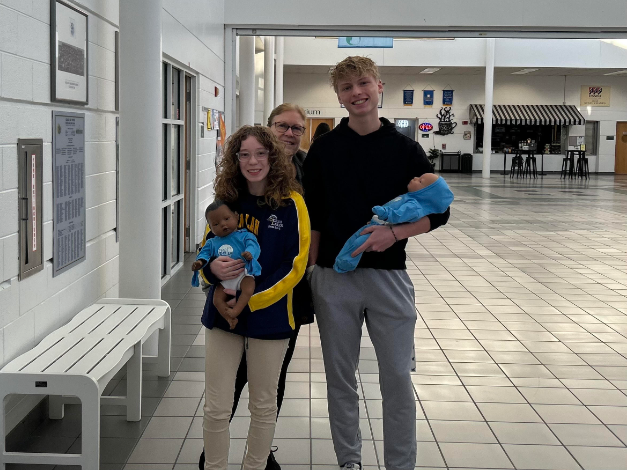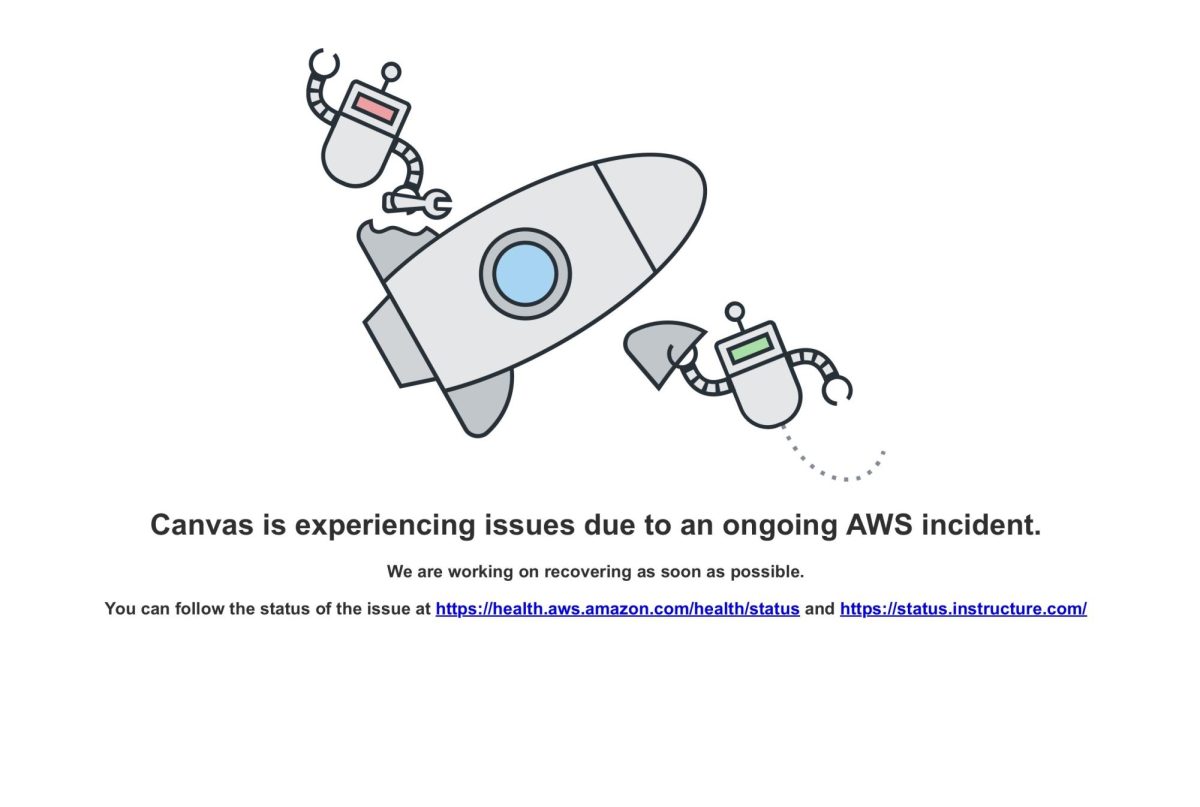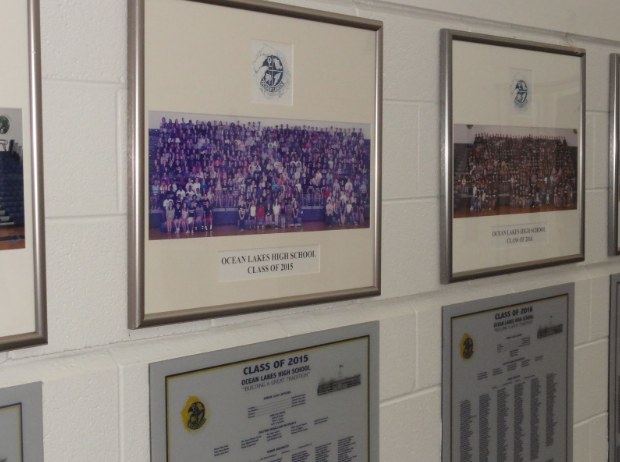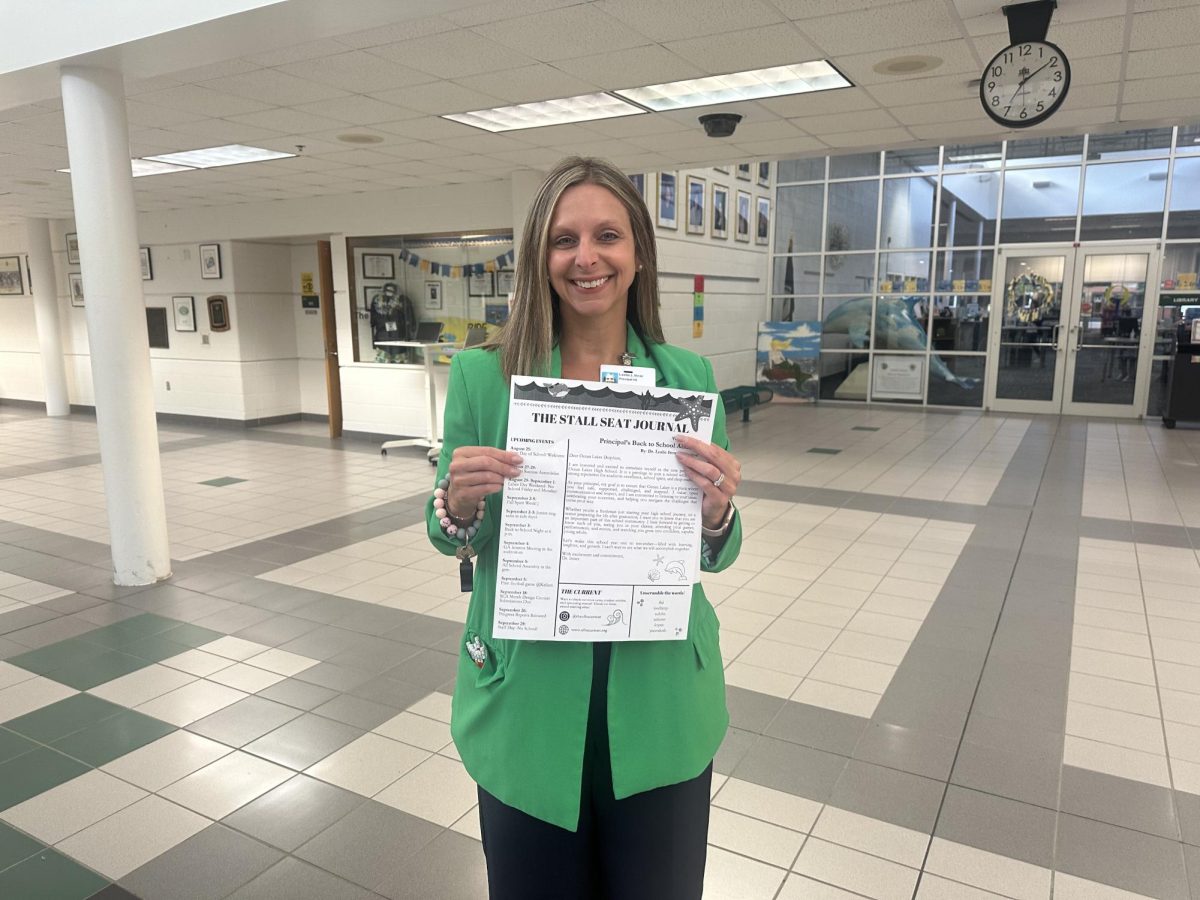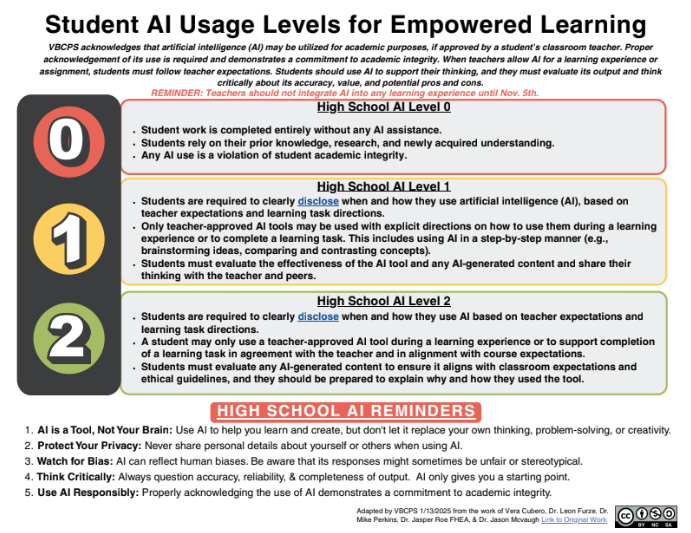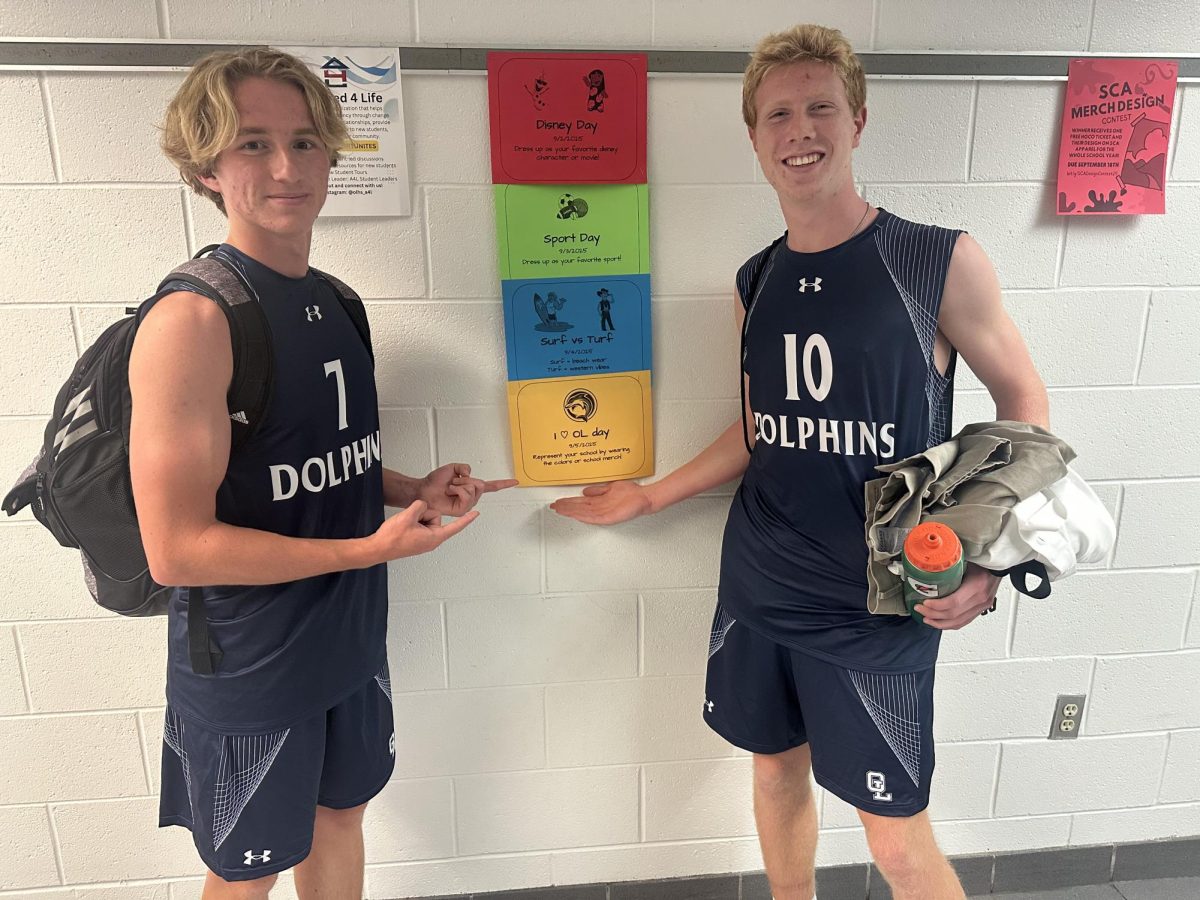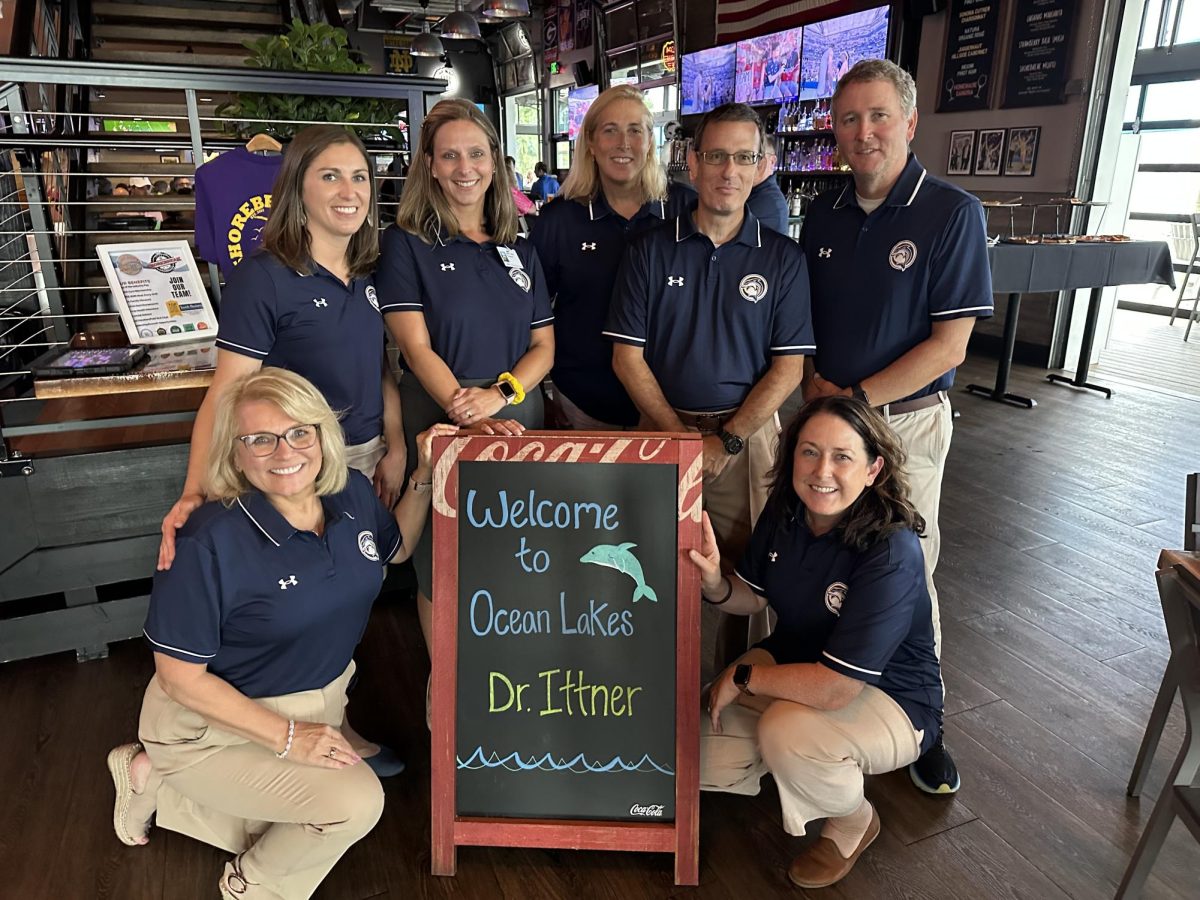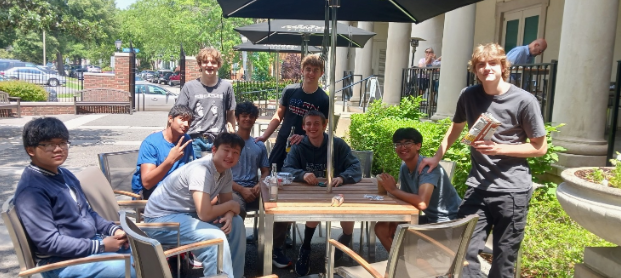Over 42% of parents had a child that was unplanned, and with an unplanned child comes a lack of knowledge, according to the Centers for Disease Control and Prevention. However, most schools offer a class to help students become knowledgeable on how to take care of a child in the future.
Taught by family and consumer science teacher Carrie Jarvis, the parenting and early learning class tackles the challenges of baby care and gives the class hands-on experience on how to take care of a baby. In the class, each student has the ability to take home an infant simulator called RealCare Baby, built by RealityWorks. Each baby comes with a kit of equipment that costs around $1,000 containing bottles, diapers and blankets.
RealCare Baby is the “world’s most advanced infant simulator,” according to RealityWorks.com.
These babies were not calm by any means, according to parenting and early learning students. The students were not fully prepared for the full extent that the babies would bring when they got home. Students would have to care for the baby throughout the day and even more through the night.
“My biggest surprise was the first night; I woke up about six times,” sophomore Skyler Dorr said.
When the babies need something, they are programmed to cry. The students have two minutes to get to the babies before it is counted as neglect. When the babies cry, they imitate a real baby. The babies will cry day and night, even while the student sleeps. It is dependent on the student to wake up to care for the baby in time.
“When I got the report, I was a little surprised that I did not wake up [many times] in the middle of the night, because I was sleeping right next to it,” senior Soul McDougal said.
Students reported that they were not fully aware of how loud these babies could get. When teaching the classroom, Jarvis can adjust the strength of the baby to make it more or less fussy.
“I have it on what’s called a demo mode. So, I can set it to feed for two to three minutes, but when it wants to eat at home, it requests to be fed for 25 to 35 minutes,” Jarvis said.
When students reflect on the biggest lesson they learned, some students reported that it’s good to be prepared and ready for when they need to care for a baby. Jarvis has also expressed the important impact these robot babies have on the students and the lessons they will provide later in life.
“They understand how demanding these babies are, and that you don’t have a schedule anymore. You just have to be ready to jump to the baby when it cries,” Jarvis said.

